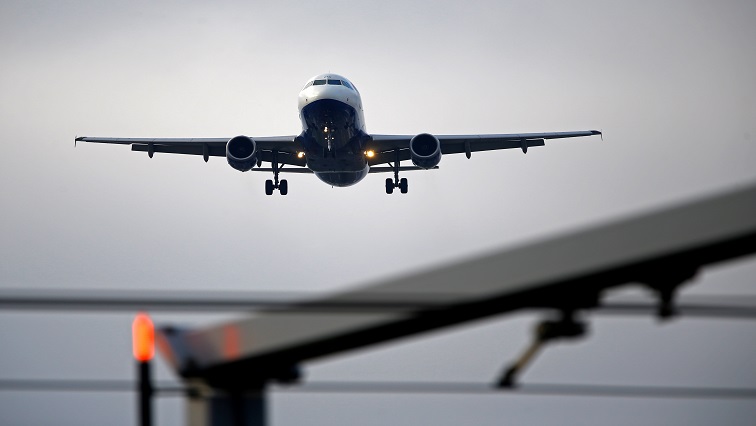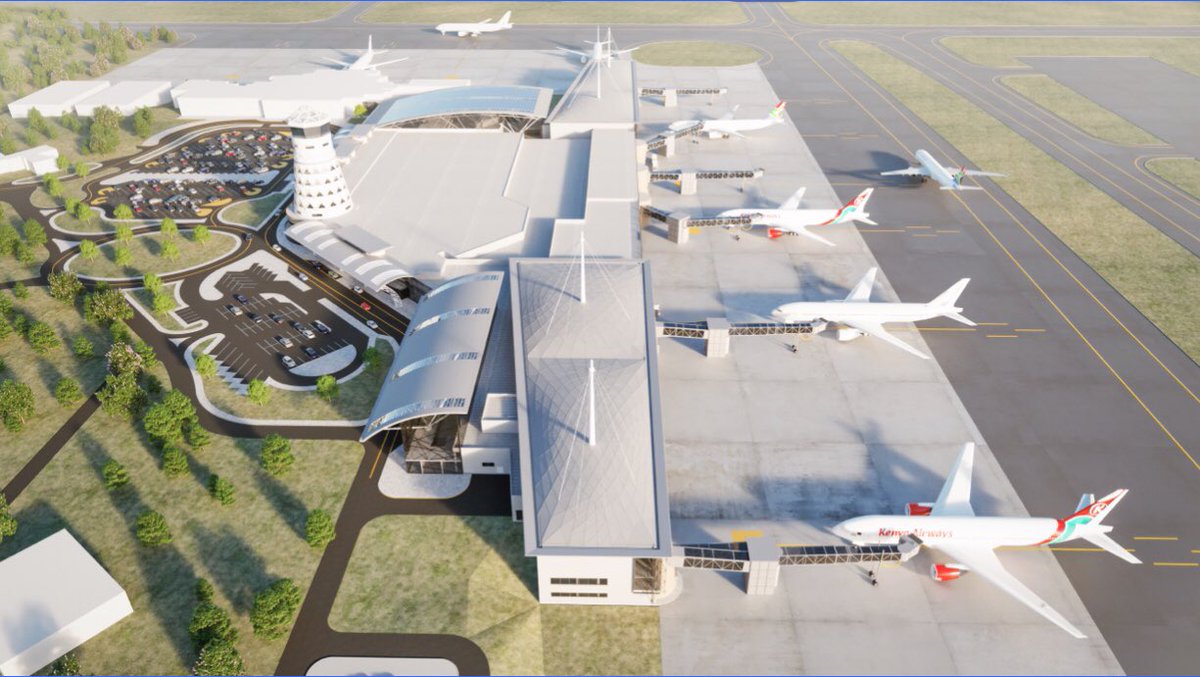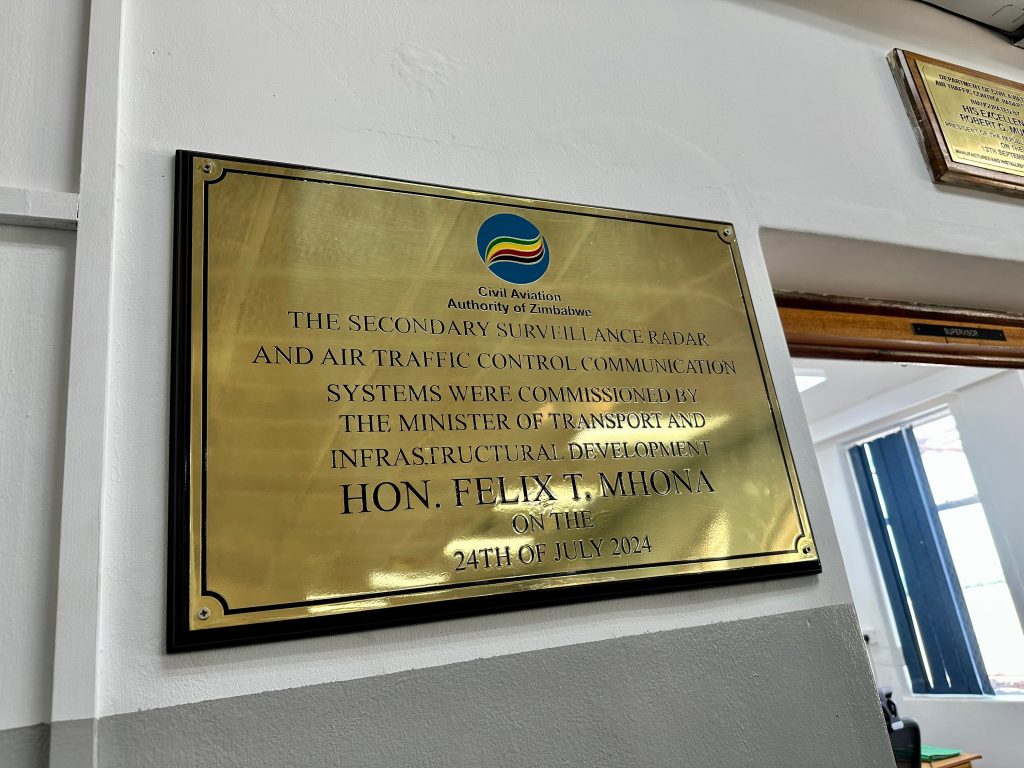Air Traffic Controllers Association of Zimbabwe
The Air Traffic Controllers’ Association of Zimbabwe (ATCAZ) is a non-profit professional body that represents Air Traffic Control personnel across Zimbabwe. Founded with the purpose of promoting unity, safety, and excellence within the profession, ATCAZ brings together controllers from all corners of the country through cooperation, shared knowledge, and mutual support.
- National
- Professional
- Non-Profit
Working in close partnership with the Ministry of Transport and Infrastructure Development, the Civil Aviation Authority of Zimbabwe (CAAZ), and other aviation stakeholders, ATCAZ actively supports the advancement of new procedures and technologies that enhance the safety and effectiveness of air navigation.
Through ongoing professional development and advocacy, we strive to uphold the highest standards of knowledge, integrity, and service within the air traffic control profession, while protecting the interests of our members and the broader aviation community.
We are ATCAZ
ATCAZ represents and advances the interests of Air Traffic Control Personnel in Zimbabwe.
The Association is committed to promoting air traffic safety, efficiency, and professionalism within the country, ensuring that the skies remain safe and the air traffic control profession is continuously improved.
ATCAZ’s mission is to enhance air traffic safety and promote the air traffic control profession in Zimbabwe
The Association strives to shape the future of air traffic management through collaboration with stakeholders and the implementation of continuous improvement initiatives, ensuring that the needs of air traffic control personnel and the aviation industry are met.
ATCAZ an affiliate of the International Federation of Air Traffic Controllers Associations (IFATCA)
IFATCA was formed in 1961 and looks at issues related to Air Traffic Control and safety. It has member countries and it sits in the International Civil Aviation Organization (ICAO) committees as a technical partner.
Number of airports served
Number of ATCOs
IFATCA international conferences

Strategic Alignment with CAAZ
ATCAZ works in close partnership with the Civil Aviation Authority of Zimbabwe (CAAZ), the regulatory body responsible for air navigation services and safety oversight. This collaboration ensures that the interests of air traffic controllers are represented at national decision-making levels. ATCAZ members contribute directly to the formulation and continuous improvement of airspace policies, procedures, and safety initiatives in line with ICAO regulations and the country’s aviation roadmap.

to Member Welfare
ATCAZ is deeply committed to the professional and personal well-being of its members. The Association advocates for fair working conditions, mental health support, continuous learning opportunities, and recognition of excellence. In collaboration with CAAZ and other stakeholders, ATCAZ has pushed for improved facilities, safety-critical equipment upgrades, and staff wellness programs that address the high-stress nature of air traffic control work.

Professional Development & Training
Through partnerships with aviation training institutions, CAAZ, and international bodies such as IFATCA, ATCAZ ensures that its members remain globally competitive and operationally sharp. Members benefit from access to: ICAO-compliant refresher and rating courses Workshops on emerging technologies (e.g., RPAS integration, AI in ATC) Exchange programs and regional conferences Safety and risk management certifications This strong training culture supports Zimbabwe’s position as a trusted and technically proficient airspace provider in Southern Africa.

Regional & Global Representation
ATCAZ is a respected voice within regional and international aviation forums, notably as a member of the International Federation of Air Traffic Controllers’ Associations (IFATCA). By participating in these platforms, ATCAZ ensures that Zimbabwean controllers are heard on issues such as controller fatigue, gender diversity in aviation, technology adoption, and regional integration. Our engagement also facilitates benchmarking, advocacy, and sharing of best practices that enhance operational safety and unity across borders.
